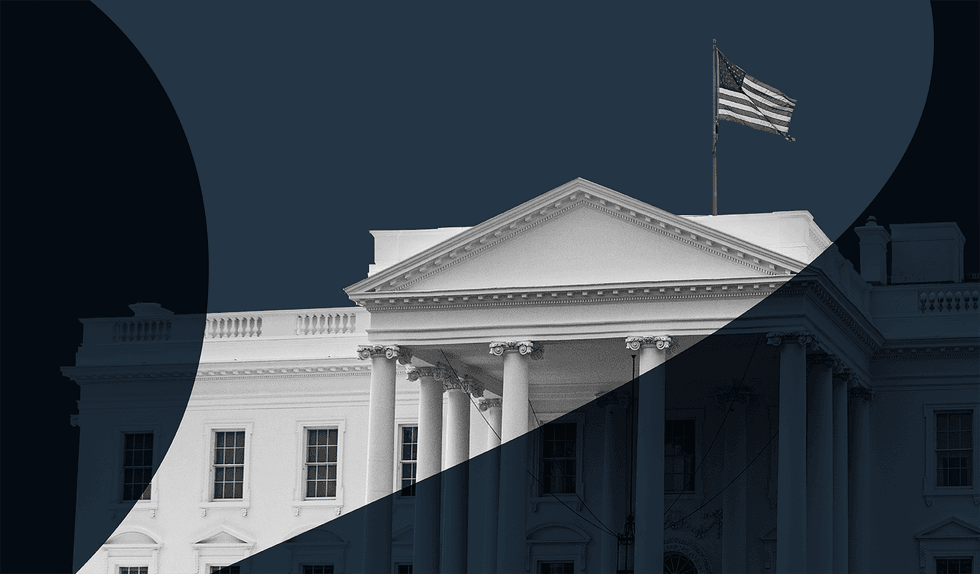The use of disparate-impact liability in all contexts must be eliminated to avoid violating the Constitution and federal civil rights laws. Disparate-impact liability arises where a seemingly neutral policy or practice leads to unequal outcomes for different groups. The policy is scrutinized for its potential to have a disproportionately negative impact on protected groups, regardless of any intent to discriminate. The Presidential approval of July 25, 1966, of the Department of Justice Title VI regulations (31 Fed. Reg. 10269), as applied to 28 C.F.R. 42.104(b)(2) in full and the Presidential approval of July 5, 1973, of the Department of Justice Title VI regulations (38 Fed. Reg. 17955, FR Doc. 73-13407), as applied to the words “or effect” in both places they appear in 28 C.F.R. 42.104(b)(3), and as applied to 28 C.F.R. 42.104(b)(6)(ii) and 28 C.F.R. 42.104(c)(2) in full are revoked. Within 45 days of the Order the Attorney General and the Chair of the Equal Employment Opportunity Commission shall assess all pending investigations, civil suits, or positions taken in ongoing matters under every federal civil rights law that relies on disparate-impact liability theory. Agencies responsible for enforcement of the Equal Credit Opportunity Act must evaluate pending proceedings relying on this theory within 45 days, and all agencies must evaluate existing judgements relying on the theory within 90 days.
Additional Documentation
- Trump Executive Order - Restoring Equality of Opportunity and Meritocracy


